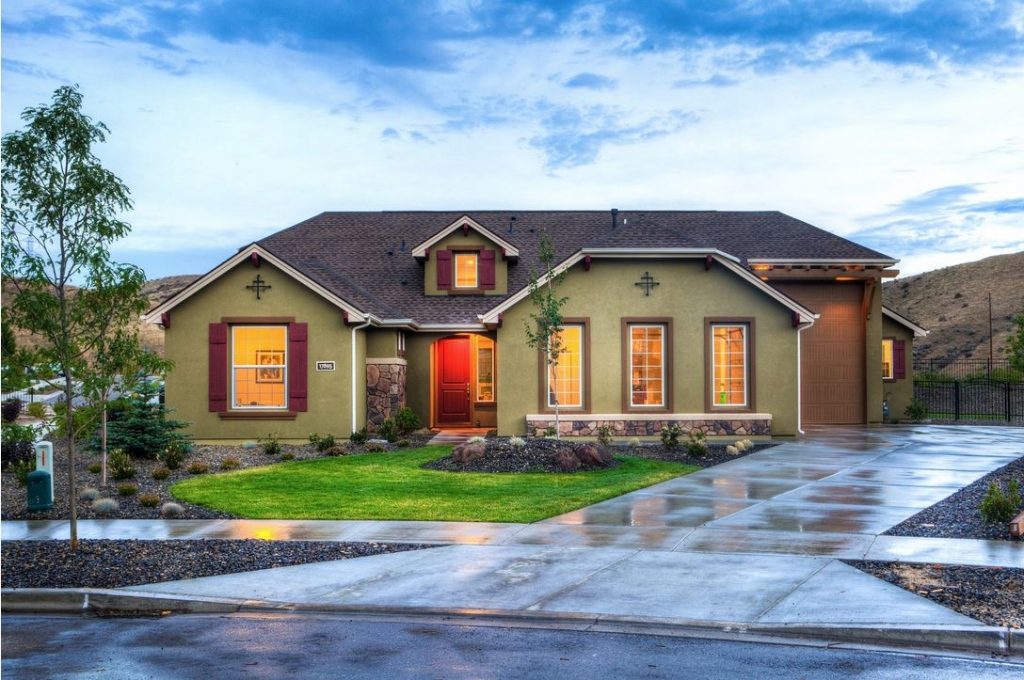The word “leak” is never something you want to hear. That’s especially true when it comes to maintaining your property. Some leaks are minor. However, there are three leaks that can swiftly damage or destroy your property.
A Roof Leak
Your building’s roof is its main line of defense against the sun and the elements. A roof that’s installed properly can easily last 15 to 20 years. However, at some point, it may spring a leak. A roof leak usually starts as a drip. A small crack develops in a shingle or along a seam. Rain starts falling and drips start coming in. You likely don’t notice the drips. The leak gets bigger and the drip becomes a stream. It starts pooling in the attic or dripping from the light fixtures. If a leak in the roofing is left unchecked, it can cause substantial damage. Wet wood can begin to rot. Drywall can get moldy. Electrical wires can short out.
A Pipe Leak
You may think of a pipe leak as a slow drip under the sink. Some are like that. However, sometimes a pipe leak is much worse. It can end up causing a great amount of damage. The water coming into your property is under high levels of pressure. This pressure keeps the water flowing. If you develop a pipe leak, all of that pressurized water could end up flooding the building. Flooding can destroy carpet and hardwood floors. It can rot wood in the walls and cause drywall to disintegrate. If the flooding goes on too long, it can weaken the foundation of the building itself.
A Gas Leak
Gas is a common fuel used for heating and cooking. It’s efficient and cost-efficient. However, if a leak occurs, it could end up completely destroying your property. Natural gas becomes highly explosive when it reaches 5% to 15% concentration in the air. Below 5%, it’s too lean for ignition to occur. Above 15%, the concentration is too high.
When natural gas reaches this explosive concentration, it can ignite in the presence of any ignition source. This can include matches, pilot lights, lighters, machine sparks, and electrical switches. Even a wired doorbell can cause a spark which will ignite natural gas. The good news is that natural gas has an additive that smells like rotten eggs. If you smell a nasty odor, get out of the building and call the fire department.
